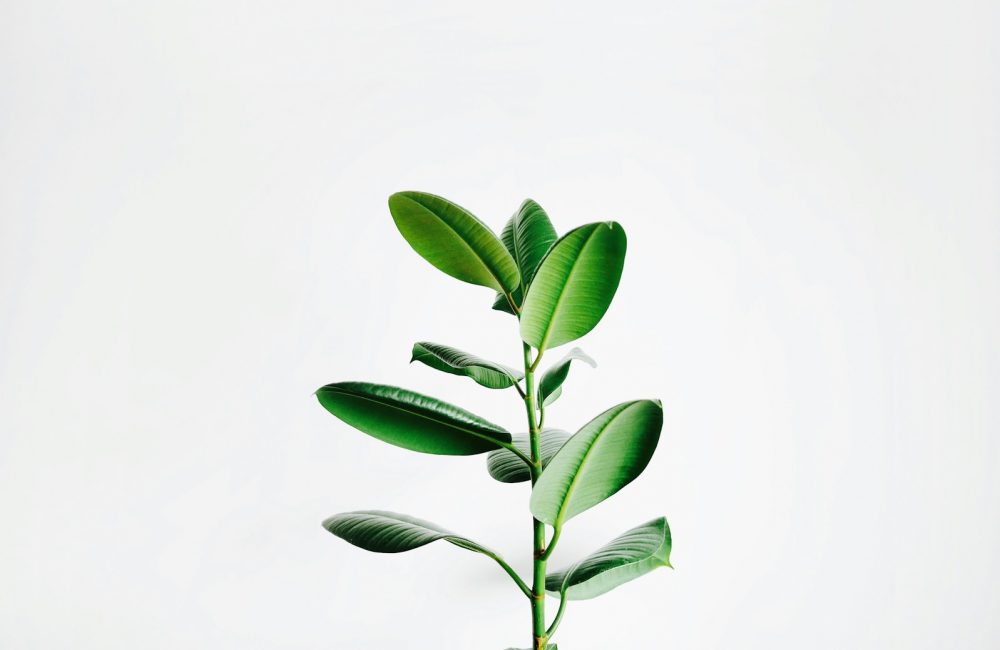Plants, like all living organisms, require an array of conditions to thrive and grow optimally. Understanding the factors that influence plant growth is crucial for successful cultivation. From environmental aspects to soil quality, several key elements play a significant role in determining the health and development of plants.
1. Light
Light is one of the most crucial factors affecting plant growth. Plants use light as an energy source for photosynthesis, a process essential for their survival. The intensity, duration, and spectral quality of light all impact the growth and development of plants. Insufficient light can lead to stunted growth and leggy plants, while too much light can cause damage. Adequate light exposure is essential for healthy plant growth as it triggers the photosynthesis process, enabling plants to produce their own food.
2. Water
Water is another fundamental factor that directly influences plant growth. Plants require water for various physiological processes, including nutrient uptake and photosynthesis. The amount and frequency of watering depend on the plant species, soil type, and environmental conditions. Insufficient water can lead to wilting and ultimately death, while excess water can suffocate the roots and cause root rot. Proper watering practices are crucial for maintaining the turgidity of plant cells and facilitating nutrient transport within the plant.
3. Soil Quality
The quality of the soil is critical for healthy plant growth. Soil provides plants with essential nutrients, support, and a medium for root growth. Factors such as pH level, nutrient content, soil structure, and drainage capacity can all impact plant growth. Soil testing and amendments can help ensure optimal conditions for plant growth and productivity. Good soil quality ensures that plants have access to the nutrients they need for growth and development, as well as proper root anchorage and aeration.
4. Temperature
Temperature plays a vital role in determining the rate of plant growth and development. Different plant species have specific temperature requirements for optimal growth. Extreme temperatures, either too high or too low, can stress plants and inhibit growth. Understanding the temperature preferences of the plants being cultivated is essential for successful growth. Maintaining a suitable temperature range is crucial for enabling enzymatic reactions within plants and ensuring metabolic processes occur at an optimal rate.
5. Nutrients
Plants require a range of essential nutrients for healthy growth and development. These nutrients include macronutrients such as nitrogen, phosphorus, and potassium, as well as micronutrients like iron, zinc, and magnesium. Imbalances or deficiencies in nutrient levels can impede plant growth and lead to nutrient deficiencies. Providing plants with a balanced and adequate supply of nutrients is essential for promoting strong root development, healthy foliage, and robust flowering.
By considering and optimizing these key factors affecting plant growth, cultivators can create an ideal environment for plants to thrive. Monitoring and adjusting these variables as needed can help ensure healthy, robust plant growth and maximize yields. Creating a harmonious balance between light, water, soil quality, temperature, and nutrients is essential for ensuring the successful cultivation of plants and achieving optimal growth outcomes.










